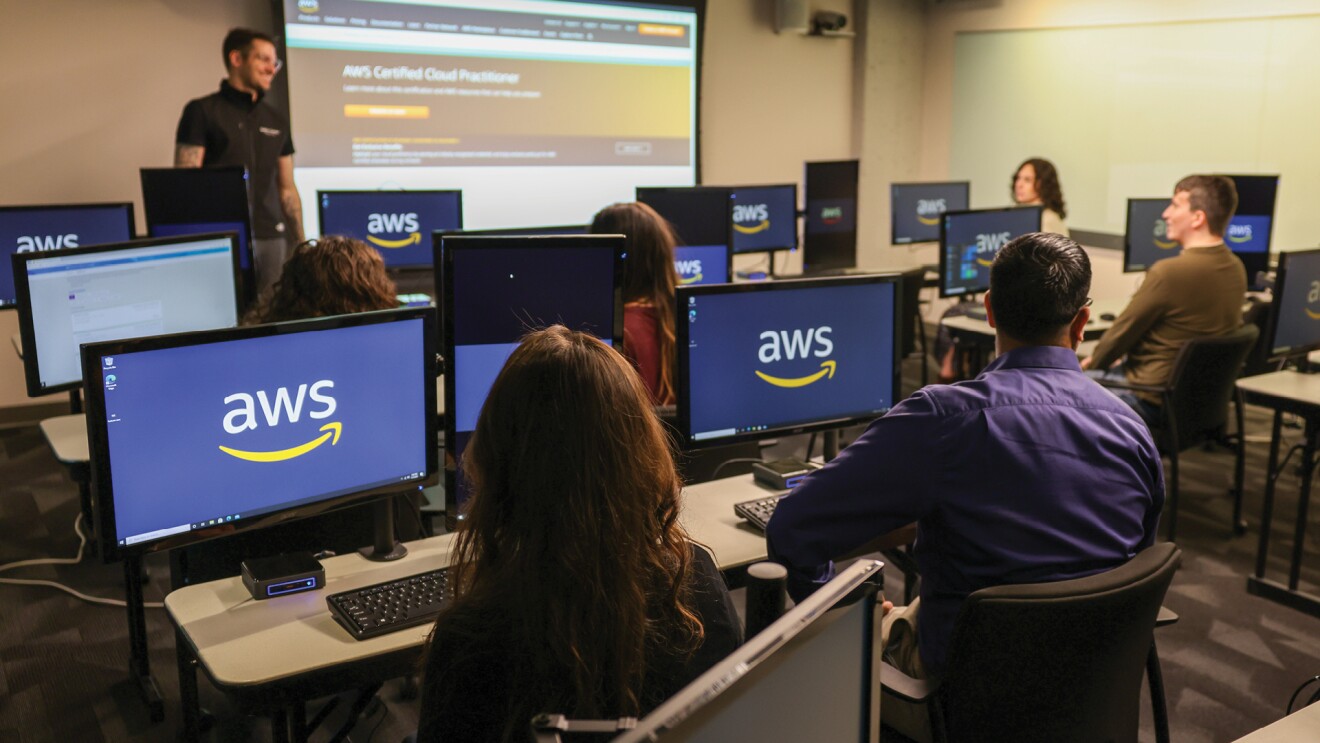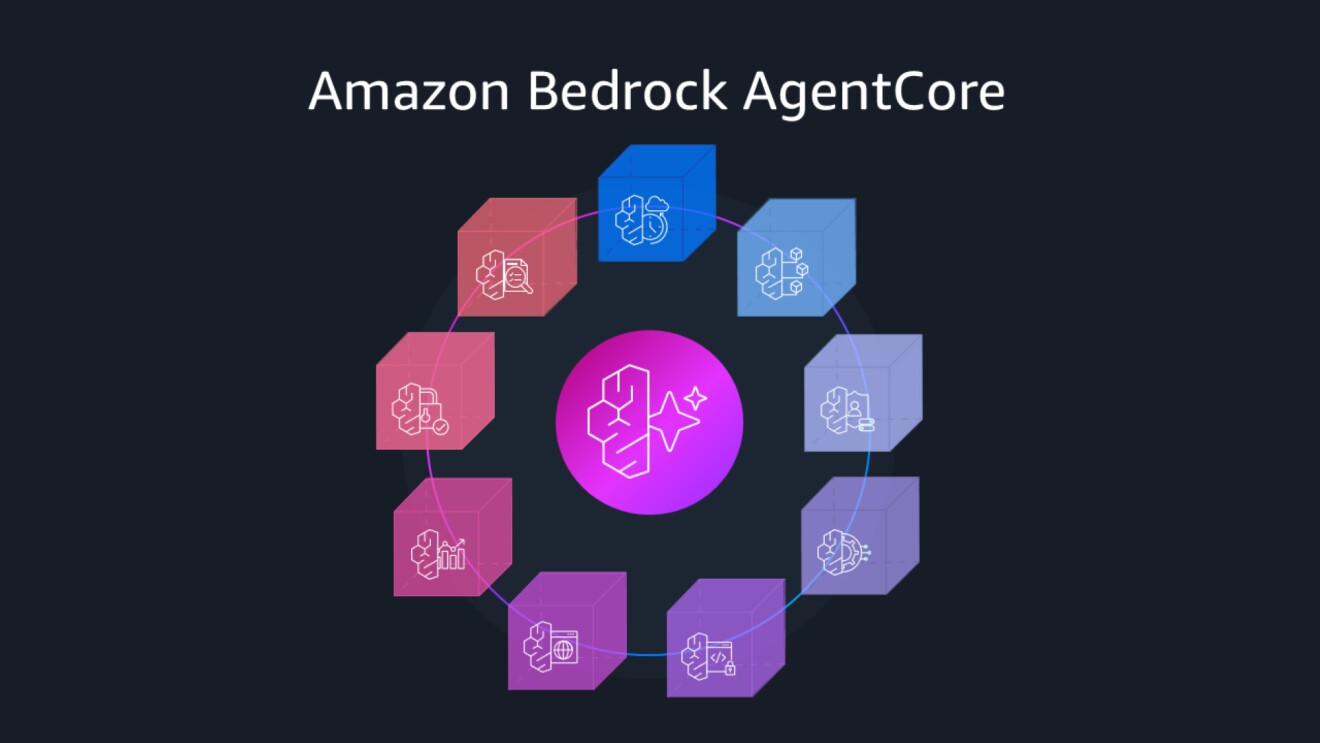Charlotte Wilkins was working at a fast-food restaurant in the United Kingdom when she lost her job due to the pandemic. Without any background in technology, Wilkins enrolled in the AWS re/Start program—a program that prepares individuals for cloud careers and connects them to potential employers—and put her career on a new track as a solution engineer at a cloud-based company in Manchester.
Wilkins’s story was highlighted at the recent opening of the Amazon Web Services (AWS) Skills Center, a new cloud computing training center in downtown Seattle. Leaders from nonprofit organizations, businesses, and local government joined a panel discussion on the importance of providing greater access to tech skills education, and why employees with technical skills training and knowledge of cloud technologies are the most competitive in the job market in almost every industry—now and in the future.
As Tanya Hannah, chief information officer of King County, Washington, said, even mental health treatments are being carried out through cloud-based telemedicine programs. That means IT managers must truly understand how to handle sensitive personal data. "You need folks who understand cybersecurity and privacy," she said.
Over the past 18 months, Hannah—whose county is the 12th largest in the U.S., serving 2 million residents with over 16,000 employees—has watched necessary technical skills for government services, and businesses small and large, change drastically. "And it will continue to accelerate," she said.
 Inside a classroom at the AWS Skills center in Seattle, Washington.
Inside a classroom at the AWS Skills center in Seattle, Washington. “Any company or organization that doesn't invest in its people will not have a competitive advantage. Pure and simple,” said Hannah. When she took over as CIO, only 10% of the employees in her department had any sort of job training certification—in business analysis, project management, finance, software architecture, or otherwise. Today, that number rests at over 70%. “We’re investing across the board and will continue to invest,” she added.
The World Economic Forum estimates that by 2025 half the global workforce will need to learn new skills and 97 million new roles will emerge because of digitization. David Keyes, digital equity manager for the City of Seattle, sees this huge transformation spreading across the region.
"What's exciting is thinking about how you apply cloud computing to the combination of home, work, and shopping technology,” he said. “And then in a city context, and a world context, how do we use those answers to solve the problems of transportation, environment, economics, and keeping our small businesses going? How do we create that connective tissue?”
As Wilkins’s experience with the AWS re/Start program shows, filling the digital skills gap requires more than just training. Ensuring people acquire the specific knowledge and experience required to meet the needs of the current job market is equally important.
Year UP is another organization that helps launch tech careers. The San Francisco-based nonprofit helps young adults aged 18–24 learn IT and technology skills—then connects them with local employers.
“The economy is at a critical juncture,” said Year Up Executive Director Emily Schaffer. “We can now choose the direction of the world we want to live in. A big part of that is understanding how we develop the generations that will build the world in 20 years. How are we building a system that inspires them?"
Developing the next generation of cloud-literate employees can’t be done in a silo. “It's essential to collaborate with all kinds of organizations and workforce development programs to train people for every cloud computing position available,” said Maureen Lonergan, vice president of AWS Training and Certification. "We can already see this work having a material impact on people's lives.”
"If the only path to economic opportunity is through a university system that requires significant financial investment, then our paths are woefully insufficient for the world we'd like to live in,” said Schaffer. "We're seeing the emergence of real digital skills training. It's a moment of inflection."
The AWS Skills Center is one component of AWS's ongoing investment to provide anyone with a desire to learn with access to free cloud computing skills training—part of a larger commitment to train 29 million people globally for free by 2025. Amazon's first dedicated, in-person cloud learning space is designed for anyone curious about cloud computing, career possibilities in the industry, and skills needed to achieve cloud career goals—especially for those with little or no technology background.










